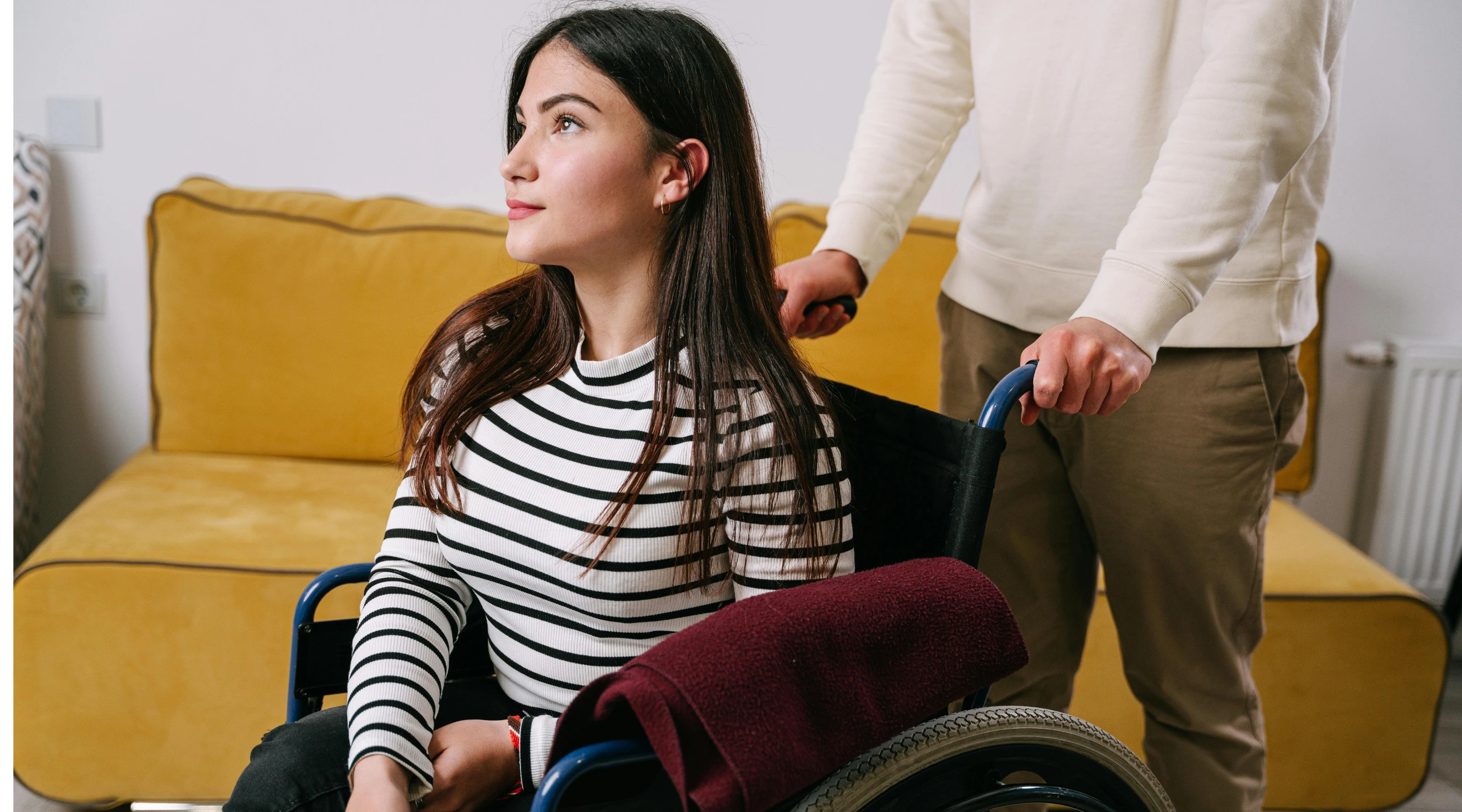How Much Does It Take To Raise A Child In The Philippines?
With the rising prices of basic commodities and more, Filipinos looking to start a family may want to know the cost of raising a child in the Philippines.

Millennial parents will be one of the first ones to tell you how expensive it is to raise a child these days. This is why many opt to only have one child or adopt fur babies instead. With the rising prices of basic commodities, schooling, and other essentials, Filipinos should first know the cost of raising a child to see if they’re financially ready.
Pregnancy: P7,000 to P30,000
The first few months of a mother’s pregnancy will entail regular monthly appointments — depending on her Obstetrician-Gynecologist. Unless these appointments are covered by a Health Maintenance Organization (HMO), consultation fees are usually between P500 to P1,500 per appointment.
On top of this, procedures like a standard ultrasound cost about P500 and up, while 3D and 4D ultrasounds range from P1,500 to P4,000. There’s also the Congenital Anomaly Scan, which is usually P2,000 in clinics and up to P10,000 in private hospitals.
Other costs that need to be factored in during the pregnancy are the vitamins and supplements the mother needs. These can cost anywhere between P1,000 to P3,000 per month until she gives birth.
Delivery: P45,000 to P300,000
A lot of hospitals in the Philippines offer maternity packages. Public hospitals may have packages for as low as P45,000 while private hospitals can charge up to P300,000 — and this will depend on the type of delivery.
Normal Spontaneous Vaginal Delivery (NSVD) is usually cheaper (about P20,000 to P150,000 depending on the hospital) compared to C-Section Births (about P35,000 to P300,000).
Baby Essentials: P5,000 to P10,000 per month
Once the baby is born, you’ll then have to account for everything he or she will need — from baby clothes and nursery items to vaccinations and diapers. For context, a bag of 12 diapers costs around P100 — depending on the brand. A newborn baby will most likely use five or more a day while a toddler might need to change twice or thrice a day.
This is why many mothers choose to breastfeed their babies until two years old. On top of all the benefits that breastfeeding offers, parents don’t need to spend on formula.
Health Care: P700 to P12,000 per appointment
From newborn up until about three years old, a child’s pediatrician will schedule immunization shots to protect him or her from illnesses and diseases. These include measles, chicken pox, influenza, and many more. Depending on the hospital, your pediatrician, or the vaccine shot, prices may cost anywhere between P700 to P12,000.
Early Education: P60,000 to P180,000 per school year
Education is one of the most expensive when it comes to raising a child in the Philippines. Tuition fees of preschools can range anywhere between P60,000 to P180,000 per school year. And this doesn’t count child care services yet — something that working parents need when they report to an office.
As soon as they finish preschool and enter a bigger school, tuition fees will vary and it can be anywhere between P40,000 to P250,000 — depending on the type of school, whether it’s public or private.

The cost of raising a child is no joke
Considering all the factors mentioned, raising a child in the Philippines from birth until the legal age of 18 requires at least P10,000 each month or P120,000 a year. So, parents should be earning as much as P30,000 each or P60,000 combined per month to be able to raise a child and provide for his or her basic and emergency needs. And apart from being financially ready, young couples looking to start a family should also sit down and discuss if they’re mentally and emotionally prepared to care for a child.
Read more about managing finances:
Family Finance Management: How to Handle Your Family’s Finances
Hello to the Hybrid Life: Adjusting to a Hybrid Work Setup
Thinking Of Quitting Your Job? An Expert Shares How To Manage Your Finances









